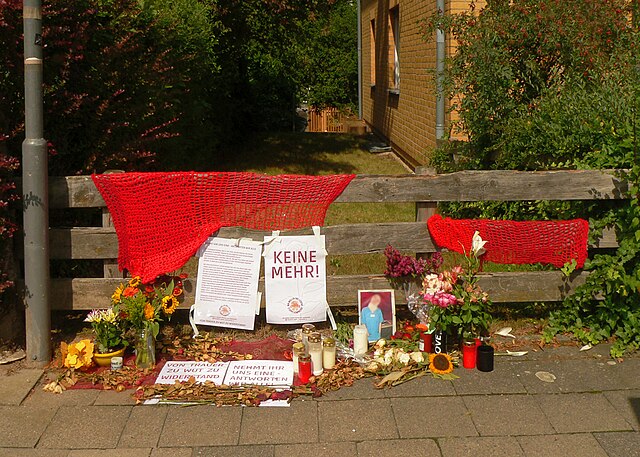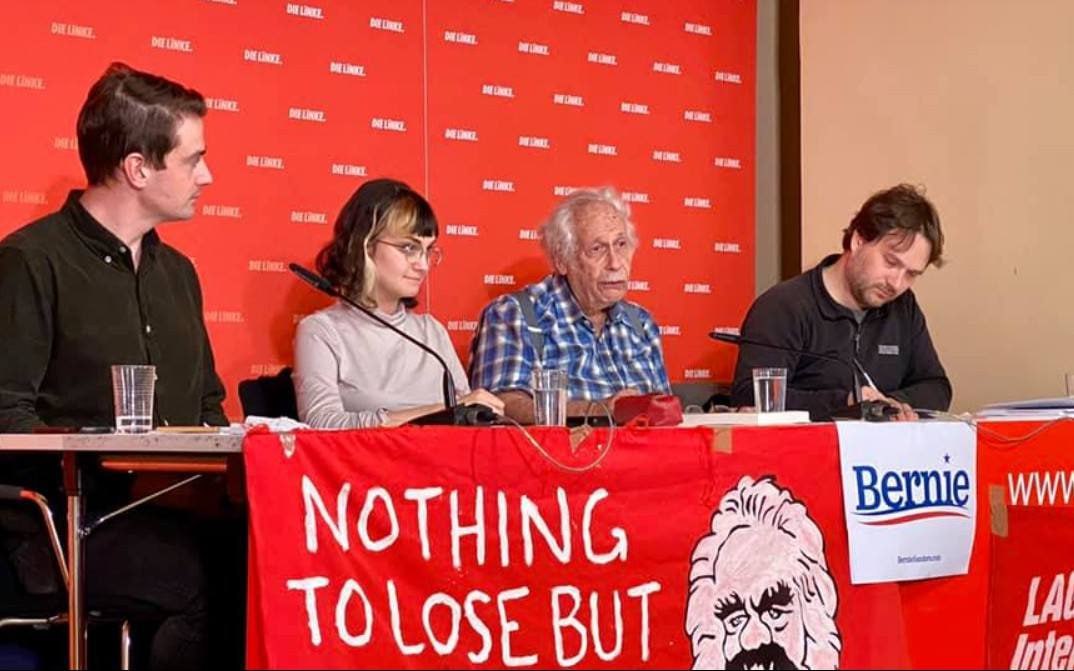Rebellious Daughters of History #41
by Glyn Robbins (guest contribution) and ,,Judy Cox

Shirley Chisholm (1924 – 2005)
Shirley Chisholm was a trail-blazer for insurgent US politicians like Alexandria Ocasio-Cortez. She was the first black woman elected to Congress, returned by the people of her native working class Brooklyn neighbourhood in 1968. Four years later, she became the first black woman to run for the US Presidency. Her candidacy for the Democratic Party nomination was a long-shot, but as she said, “someone had to go first” and it represented a significant moment in the fight for equality that continues today in the shape of #BlackLivesMatter.
Shirley Chisholm was, first and last, a teacher. The daughter of poor Caribbean immigrants to the US, she was sent to live with her grandmother in Barbados as a young child, where she excelled academically. After returning to the country of her birth, Chisholm started a successful career in education, but also developed an interest in politics, partly inherited from her father, a labourer and follower of Marcus Garvey.
Chisholm resisted playing the establishment political game. Her autobiography is called “Unbought and Unbossed”. She faced institutional racism and sexism in Congress, recalling sitting on her own in the Capital Hill dining room and being allocated to committees with little influence. When she sought the Democratic Party’s nomination for President, she came under pressure to withdraw for more moderate candidates, much as Bernie Sanders has. Like Sanders, her campaign was snuffed out by the party machine, but Chisholm continued to champion progressive causes like Palestinian and abortion rights and opposition to apartheid South Africa and the Vietnam War. This marked her out as an enemy to the corrupt Nixon regime, who smeared her with false accusations.
Although Shirley Chisholm’s life is little remembered, particularly outside the US, that could be about to change. The actress Viola Davis is planning a biopic of the woman who said “racism is invisible because it’s so normal”

Bina Das (1911–1986)
Bina was an Indian revolutionary and nationalist from West Bengal. She was the daughter of a well-known Brahmo teacher, Beni Madhab Das and a social worker, Sarala Devi. Her elder sister Kalyani Das (Bhattacharyee) was also a freedom fighter.
Bina was a student of St. John’s Diocesan Girls’ Higher Secondary School
Bina Das was a member of Chhatri Sangha, a semi-revolutionary organisation for women in Kolkata. On 6 February 1932, she attempted to assassinate the Bengal Governor Stanley Jackson, in the Convocation Hall of the University of Calcutta. The revolver was supplied by another freedom fighter Kamala Das Gupta. She fired five shots but failed to kill him. She was sentenced to nine years in prison.
After her early release in 1939, Bina joined the Congress party. In 1942, she participated in the Quit India movement and was imprisoned again from 1942–45. From 1946–47, she was a member of the Bengal Provincial Legislative Assembly and from 1947–51 she was a member of the West Bengal Legislative Assembly. In 1947, she married Jatish Chandra Bhaumik, an Indian independence movement activist.
Her sister edited Kalyani Bhattacharjee a book called ‘Bengal Speaks’, published in 1944, and dedicated it to her.
She won the Padma Shri award in 1960 for her “Social Work”. In 2012, she and Pritilata Waddedar were conferred their certificates of merit posthumously.
After the death of her husband, she led a lonely life in Rishikesh and died in anonymity. Her body was recovered from the roadside in 26 December 1986. It took police a month to identity her.



